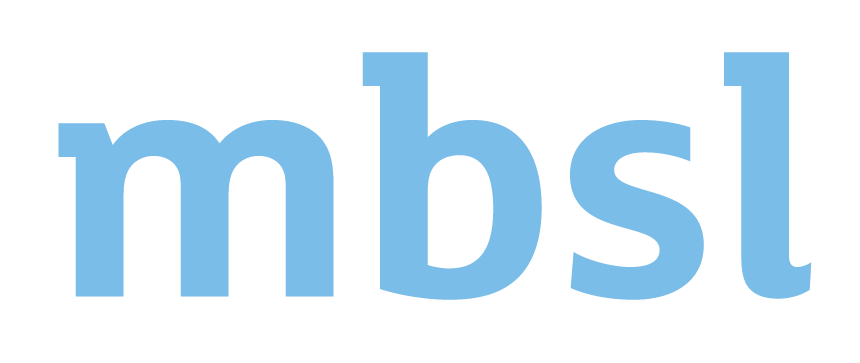Small and Medium Enterprises in Ireland benefit from a wide range of tax deductions and reliefs aimed at reducing taxable income, improving cash flow, and encouraging innovation and growth. With updates introduced in Budget 2025, it's more important than ever for business owners to stay informed and proactive in their tax planning.
1. Business Expenses
Everyday running costs are among the most common deductions available. SMEs can deduct expenses that are wholly and exclusively incurred for business purposes. These include;
Rent for premises & utility bills (electricity, heating, broadband).
Employee wages and salaries.
Accountancy and legal fees.
Vehicle and machinery costs (fuel, maintenance, leasing).
Remote work reimbursements (e.g. electricity, internet).
Professional Fees such as legal and consultancy fees.
Advertising and Marketing.
Training and Development.
Insurance Premiums.
Interest on Business Loans.
2. Capital Allowances
For larger investments, Capital Allowances allow businesses to write off the cost of fixed assets over time:
Plant and Machinery: 12.5% per year over 8 years.
Energy-Efficient Equipment: 100% deduction in the first year under the Accelerated Capital Allowance (ACA) scheme.
Electric Vehicles: Enhanced allowances for low-emission company cars.
3. Research and Development (R&D) Tax Credit
To foster innovation, SMEs can claim:
30% tax credit on qualifying R&D expenditures (up from 25%).
€75,000 first-year payment threshold, offering improved cash flow
Refunds for companies with low or no taxable income.
4. Start-Up Reliefs
New businesses enjoy additional supports and start-ups can benefit from several schemes:
Start-Up Relief for Entrepreneurs (SURE): Refunds up to 41% of capital invested.
Employment Investment Incentive Scheme (EIIS): Tax relief for investors, with limits raised to €1 million.
Start-Up Capital Incentive: Extended to 2026
Corporation Tax Relief: Extended to small owner-managed start-ups.
5. Bad Debts
If a customer fails to pay, businesses can claim relief on specific debts including :
Bad debts can be written off after reasonable recovery attempts.
Partial deductions for irrecoverable portions.
6. Interest on Business Loans
Deduct interest on loans & overdrafts used for;
Expansion, seasonal operations, or general business financing.
7. Employee Benefits and Pensions
Employers may also receive tax relief on certain costs associated with employee welfare and pensions.
Contributions to pension schemes are deductible while expenses for wellness programs may also qualify if part of a formal plan.
8. Small Benefit Exemption Scheme
From 2025, employers can provide up to €1,500 in non-cash benefits (e.g., vouchers) up to five times per year, all tax-free.
